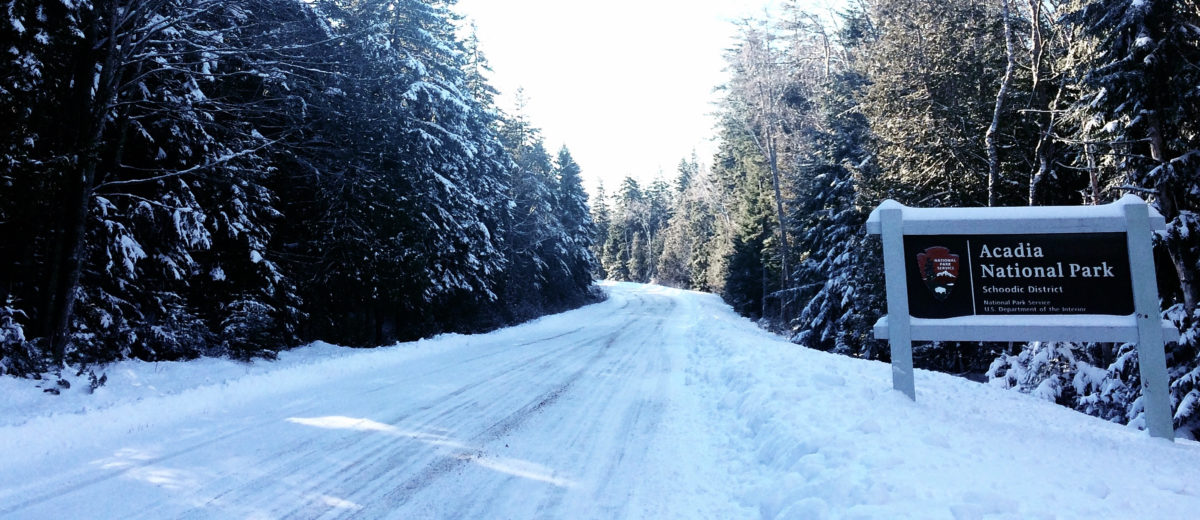The unique public-private partnership between the Schoodic Institute (501(c)3 non-profit organization) and the National Park Service allows the two organizations to accomplish more together than we could independently.
Schoodic Institute helps achieve the original vision for Acadia National Park as a destination for science and an inspiration for further conservation. Through private philanthropy and additional grants, Schoodic Institute more than triples the NPS investment in science, education, and conservation. Our efforts are complementary to and coordinated with Friends of Acadia.
Research led and facilitated by Schoodic Institute is addressing questions that are important to stewardship of Acadia National Park and the broader region. The Institute’s setting provides research and life-long learning opportunities within one of the world’s great natural laboratories. The Institute and NPS work together to bring researchers, educators, and students to the park to use the park’s diverse ecosystems as classrooms and to conduct field research.
Shared Research & Educational Goals
NPS and Schoodic Institute have the following shared goals for research and education, which are more broadly adopted in a 2015 Strategic Framework for NPS Research Learning Centers:
- Promote national parks as premier places for scientific inquiry.
- Facilitate and promote the use of science to make resource management decisions.
- Improve science literacy by incorporating science into park visitor and staff experiences.
- Assess and evaluate activities and adapt as necessary to achieve the vision.
Scientists, educators, and citizen scientists of all ages collaborate on the ambitious vision of a better understanding of the biodiversity and resources of all of Acadia National Park and its environs and of investigating national and global environmental issues. A major component of the Institute’s educational efforts is providing opportunities for youth to learn about and be inspired by the out-of-doors. A host of academic and institutional partners cooperate closely with the Institute. Natural resource managers at Acadia National Park rely on the research to restore Acadia’s ecosystems and improve their resiliency in the face of challenging environmental changes.
A signature feature of Schoodic Institute is the linking of its research community to powerful educational experiences and to opportunities to reach millions of Park visitors each year. With its partners, the Institute uses this science community to guide teachers, students, and citizen scientists to a greater interest in and respect for nature, as well as a deeper understanding of Science, Technology, Engineering, and Mathematics (STEM).
